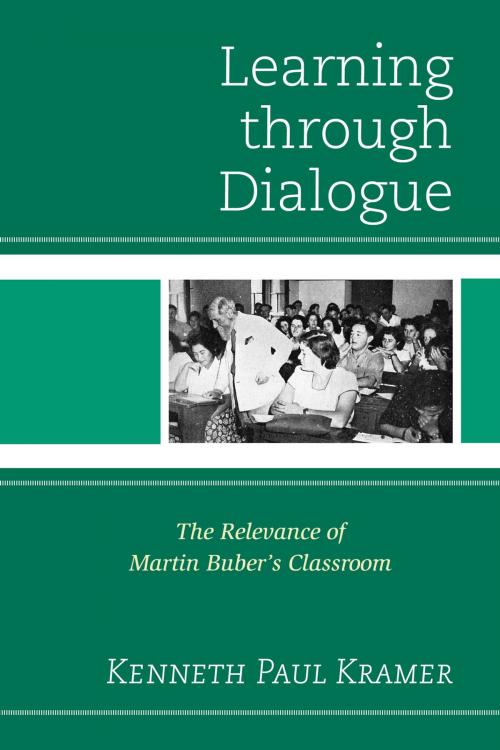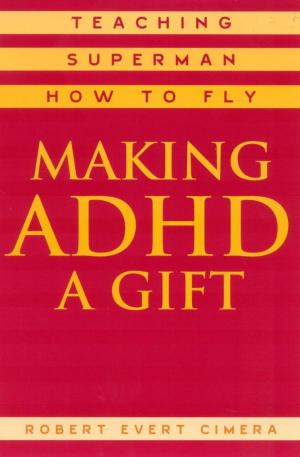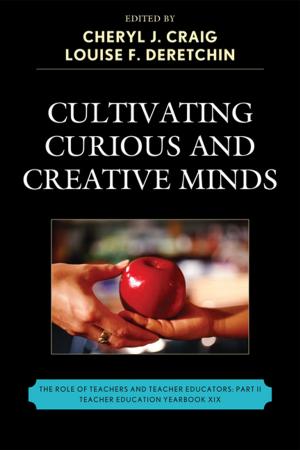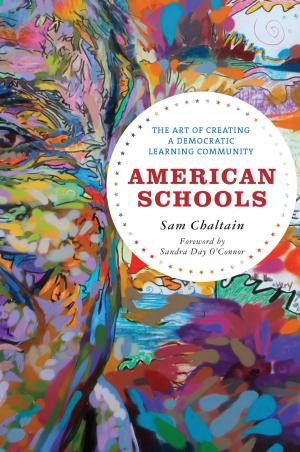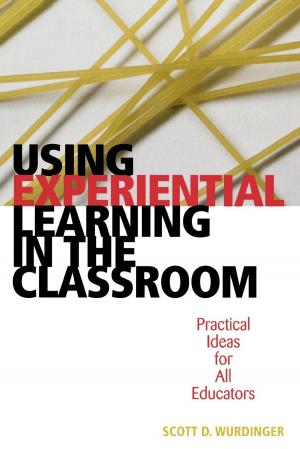Learning Through Dialogue
The Relevance of Martin Buber's Classroom
Nonfiction, Reference & Language, Education & Teaching, Administration, Educational Theory| Author: | Kenneth Paul Kramer | ISBN: | 9781475804409 |
| Publisher: | R&L Education | Publication: | April 8, 2013 |
| Imprint: | R&L Education | Language: | English |
| Author: | Kenneth Paul Kramer |
| ISBN: | 9781475804409 |
| Publisher: | R&L Education |
| Publication: | April 8, 2013 |
| Imprint: | R&L Education |
| Language: | English |
Educational practice today often fails to make the crucial distinction between learning as an accumulation of information and learning as a dialogical interaction that elicits one’s personal response to the material. Learning Through Dialogue offers an alternative approach to teaching and learning, which utilizes Martin Buber’s dialogical principles: turning toward, addressing affirmatively, listening attentively, and responding responsibly. The book first presents Buber’s educational theory and method and second presents specific examples of how Buber’s dialogical philosophy can be applied in the classroom. Rather than imposing one’s own views, this approach enables teachers and students to develop course content in uniquely appropriate ways. If you are a teacher, a student, an educator at any level, or anyone interested in furthering his or her ability to engage more meaningfully with the educational process, this book will challenge you with fresh perspectives.
Educational practice today often fails to make the crucial distinction between learning as an accumulation of information and learning as a dialogical interaction that elicits one’s personal response to the material. Learning Through Dialogue offers an alternative approach to teaching and learning, which utilizes Martin Buber’s dialogical principles: turning toward, addressing affirmatively, listening attentively, and responding responsibly. The book first presents Buber’s educational theory and method and second presents specific examples of how Buber’s dialogical philosophy can be applied in the classroom. Rather than imposing one’s own views, this approach enables teachers and students to develop course content in uniquely appropriate ways. If you are a teacher, a student, an educator at any level, or anyone interested in furthering his or her ability to engage more meaningfully with the educational process, this book will challenge you with fresh perspectives.
